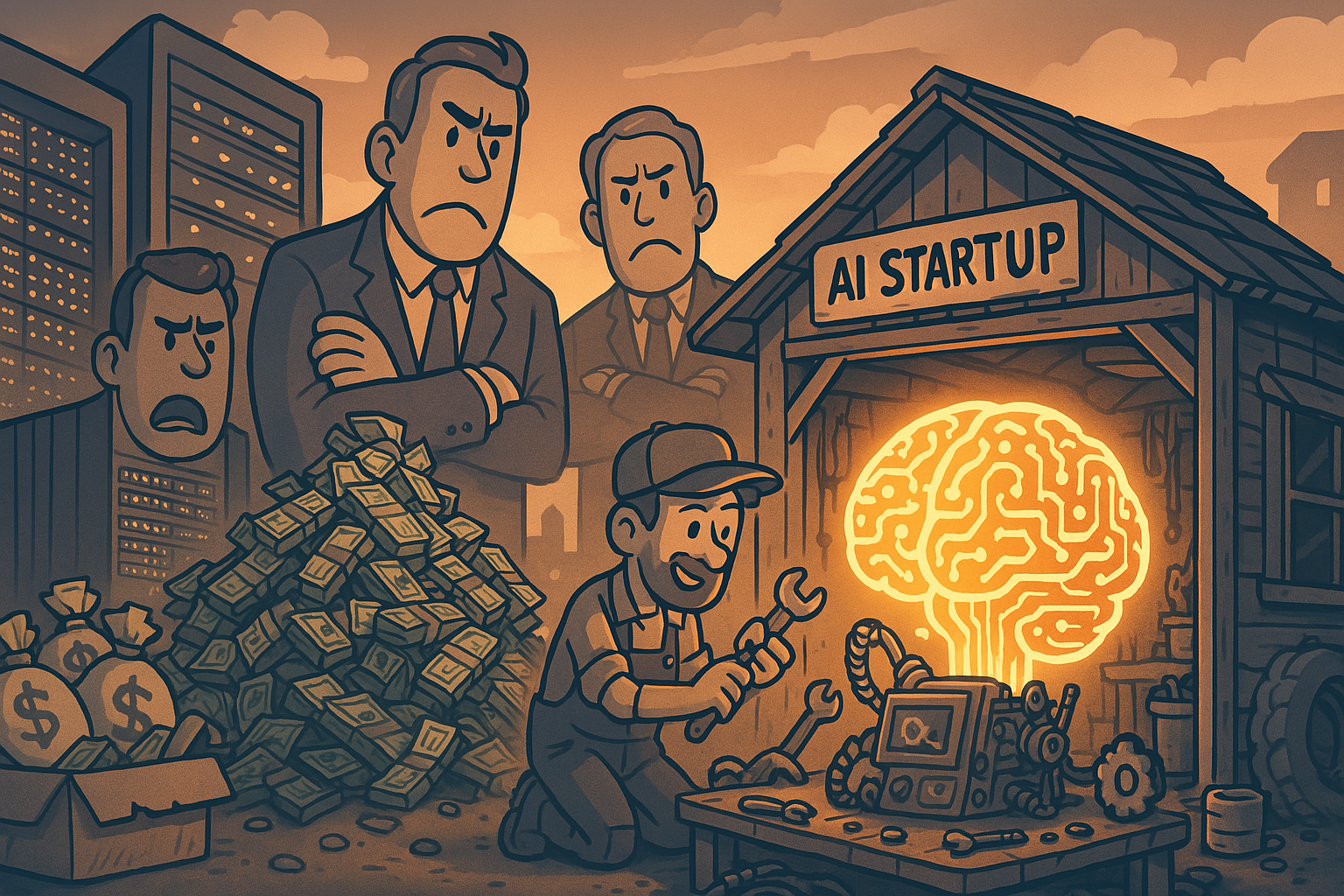News
1. Altman wants to build superintelligence
OpenAI CEO Sam Altman is seeking further financial backing from Microsoft to develop “superintelligent” technology tools, despite having already secured a $10 billion partnership with the tech giant earlier in 2023. This move is part of Altman’s vision to advance the development of advanced AI capabilities and to create software as intelligent as humans (NY Post).
2. Microbiome treatments
In a laboratory at Guy’s and St Thomas’ hospital in London, scientists process faecal donations, which are tested, filtered, and eventually turned into a powder for patient use, aiming to leverage the gut microbiome’s crucial role in health (Economist).
3. AI for weather forecast
Google has developed a new AI-powered weather forecasting model called GraphCast that significantly outperforms traditional government models in accuracy, speed, and cost. The model’s ability to learn from historical data allows it to make very accurate forecasts, including for extreme weather events, and represents a major advance for AI in weather prediction (Washington Post).
4. Machines for creative problem solving
Google DeepMind’s new AI chess program, developed by computer scientist Tom Zahavy and his team, integrates multiple AI systems to solve complex chess puzzles that traditional AIs struggle with. This approach, using up to 10 different decision-making systems, outperforms DeepMind’s AlphaZero by effectively switching strategies, demonstrating potential for broader applications in creative problem-solving (Quanta Magazine).
5. Custom AI chip by Microsoft
Microsoft unveiled two custom-designed chips: the Azure Maia AI Accelerator, tailored for AI and generative AI tasks, and the Azure Cobalt CPU, an Arm-based processor designed for general computing workloads (CNBC).
6. AI-powered doctor’s office
Forward Health has launched CarePods, a novel, self-contained medical station designed to streamline healthcare delivery. These AI-powered units enable users to perform a range of primary care tasks, such as blood draws, throat swabs, and blood pressure readings, without the need for a doctor or nurse physically present (TechCrunch).
7. CRISPR treatment for human diseases approved
The UK has approved the first CRISPR gene editing therapy, called Casgevy, to treat the blood diseases sickle cell anemia and beta-thalassemia. While considered a breakthrough, the treatment’s high cost could limit access (Nature).
8. AI-based video editing tools from Meta
Meta launched two new AI video editing features for Instagram and Facebook that allow users to easily generate and edit short videos using text prompts and captions. The new tools utilize Meta’s Emu generative AI system (Meta).
Articles
1. How did life begin (MIT Tech Review)
A novel approach being explored by researchers involves the use of artificial intelligence and machine learning to analyze vast, intricate data sets and identify the conditions necessary for life to emerge, potentially accelerating the development of a universal theory of life’s origins.
2. AI is at an inflection point, says Fei-fei Li (MIT Tech Review)
She emphasizes the need for addressing practical risks such as misinformation, workforce disruption, and privacy issues, over existential risks. Li also highlights concerns about the concentrated power in the tech industry, advocating for significant public-sector investment in AI research to ensure diverse perspectives and public good.







